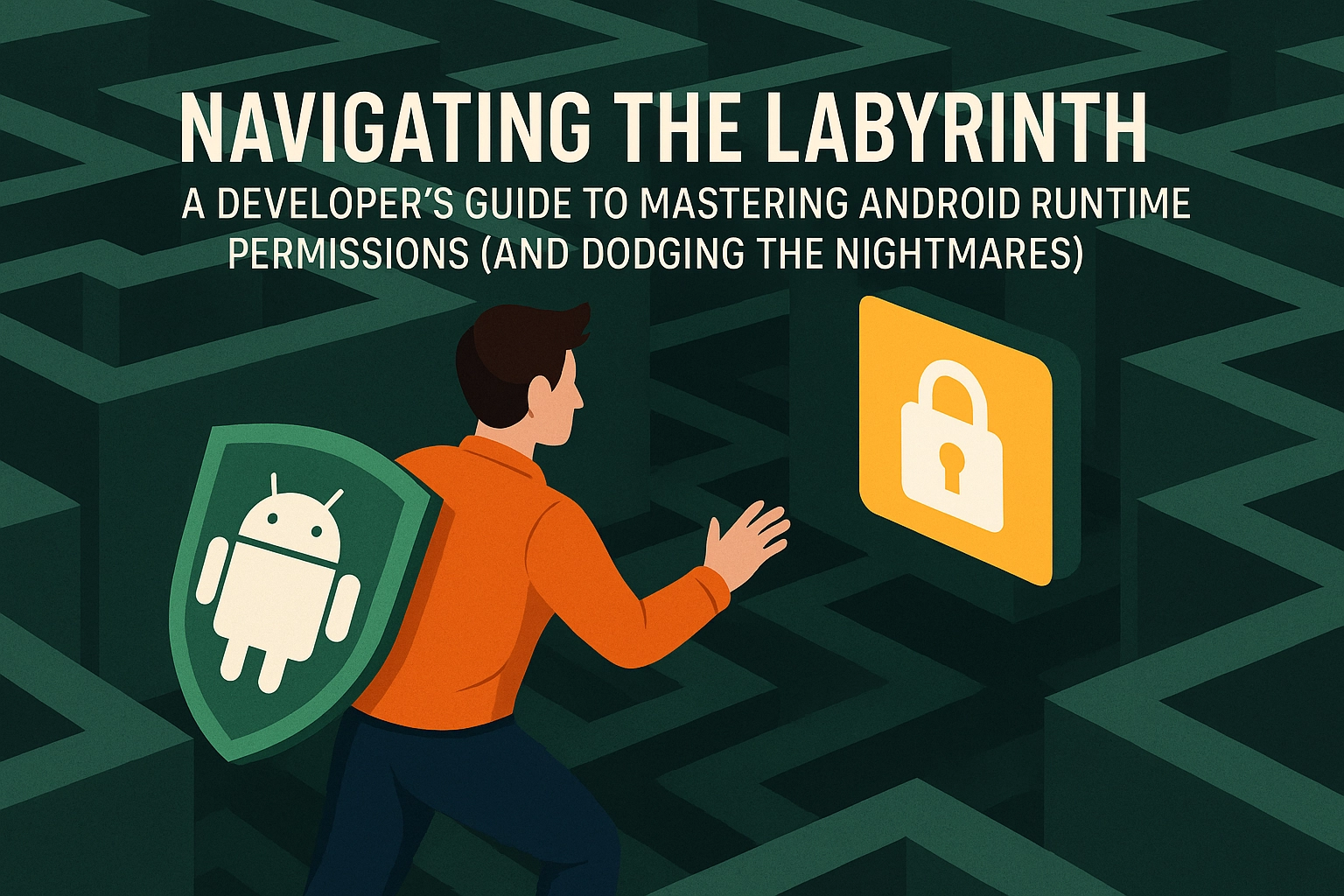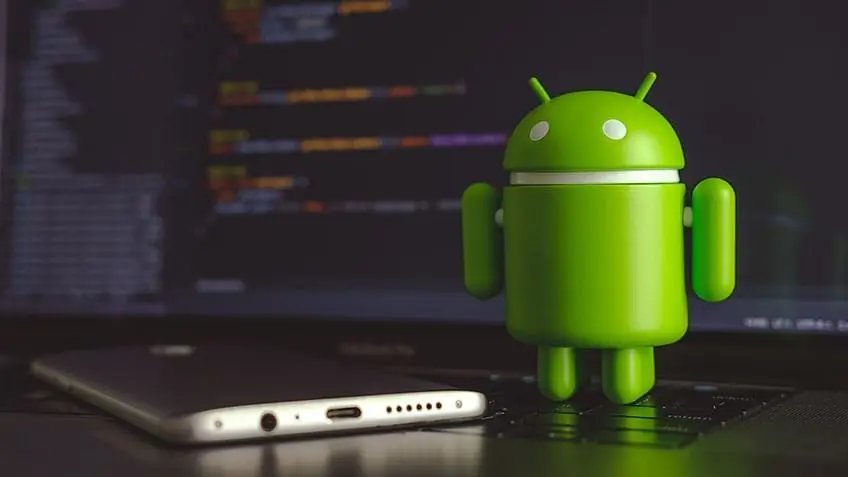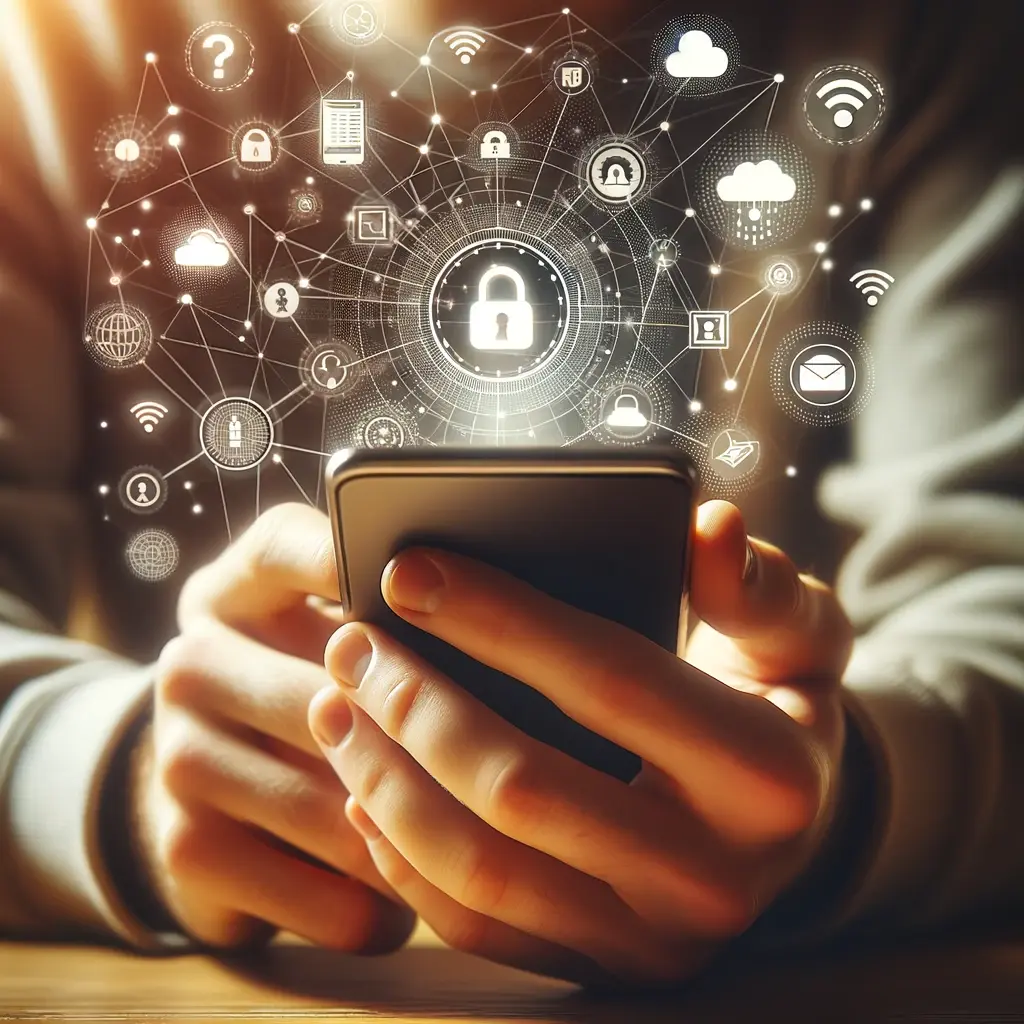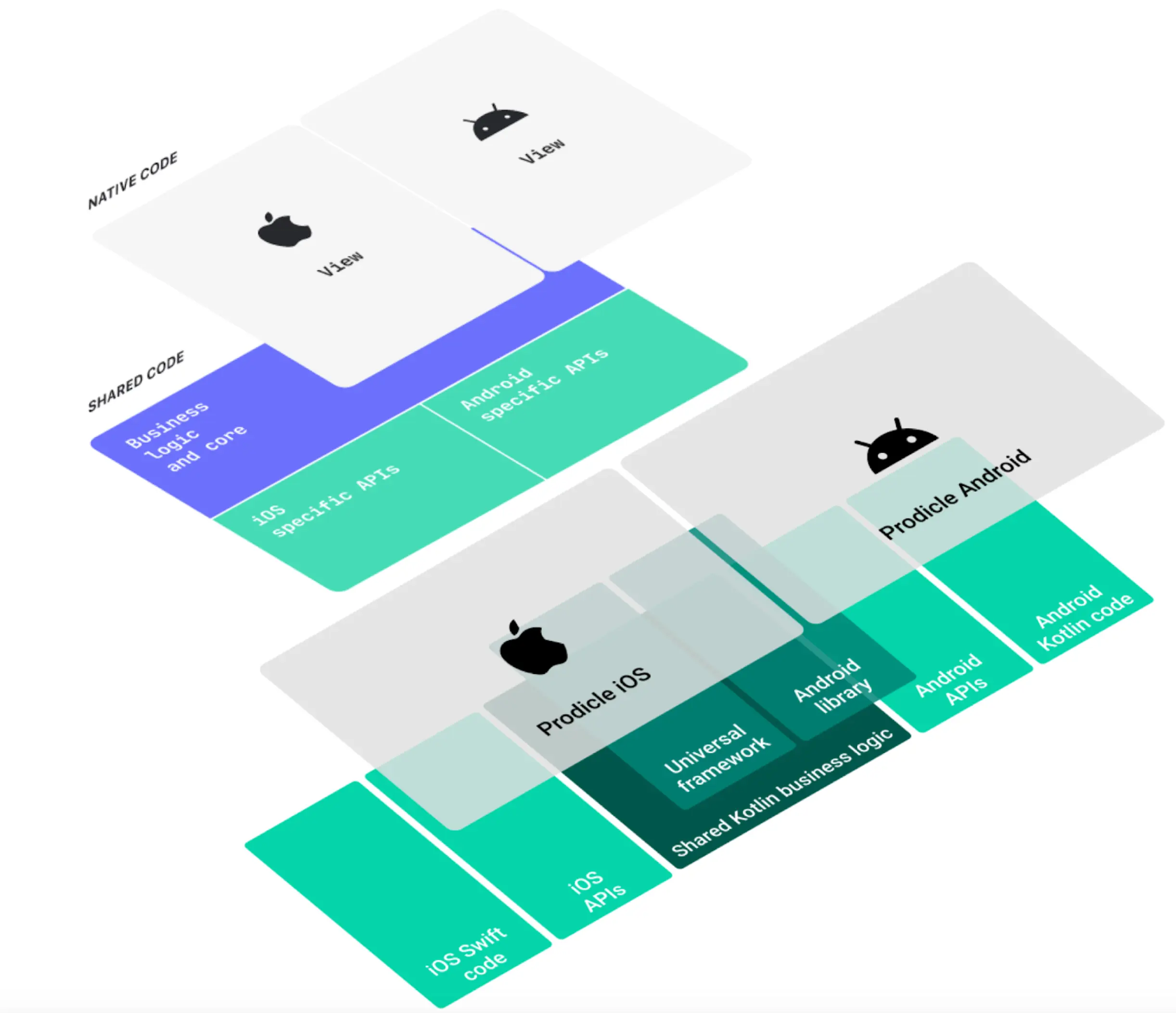
In recent years, the adoption of mobile election systems has been gathering momentum, promising a more accessible and convenient voting experience. Yet, alongside the enthusiasm, these systems have been scrutinized for security vulnerabilities. A prime example of this is the case of Voatz in 2020. MIT released a report critiquing Voatz for not adhering to basic security protocols, notably their use of third-party cloud storage, which poses a significant risk to the integrity of voter data. It’s like handing over your house keys to a stranger – not exactly reassuring. This concern, coupled with the lack of strong security measures like two-factor authentication, led several states to ban Voatz's system for election use.
When an institution like the National Institute of Standards and Technology (NIST) raises an eyebrow about mobile voting security, it’s a clear call to sit up and take notice. Their 2020 report highlighted an array of risks associated with mobile voting, including the potential for vote manipulation and hacking. These revelations, especially against the backdrop of the contentious 2020 U.S. Presidential election, have significantly eroded trust in the election system.
In a twist that sounds like something out of a sci-fi novel, the U.S. Postal Service has patented a blockchain-based mobile voting system (US20200258338A1). Talk about pushing the envelope on modern democracy! This system aims to bolster the security and integrity of mobile voting by utilizing blockchain technology, allowing voters to receive and submit ballots via their mobile devices.
Blockchain: A Potential Game-Changer
Blockchain technology, with its reputation as a secure and transparent ledger system, could be the superhero we need to revolutionize our election systems. Imagine a future where each vote is as secure as a treasure in a vault, verified and recorded across a network of computers, making it nearly impossible to tamper with. This level of security would address many of the concerns associated with mobile voting systems.

Delving deeper into blockchain, we find technologies like Hyperledger Sawtooth and Fabric leading the charge. Hyperledger Sawtooth is known for its modularity and flexibility, ideal for a variety of election systems. On the other hand, Hyperledger Fabric offers a customizable framework designed for enterprise-level applications, boasting robust security features, including end-to-end encryption. Both these technologies present exciting opportunities to enhance the transparency and fairness of elections.
The debate now turns to balancing the convenience and accessibility offered by mobile voting systems with the critical need for security and trust. Implementing advanced security measures, like biometric authentication and comprehensive system audits, becomes imperative, especially for ensuring the voting rights of Uniformed and Overseas Citizens Absentee Voting Act (UOCAVA) voters. For these individuals, often stationed far from home, the ability to vote via a mobile device is not just a matter of convenience; it’s a crucial link to democracy.
Investment and Political Will: Key to Advancing Mobile Voting
The advancement of mobile voting systems isn't just a technological challenge; it requires investment and a non-partisan political commitment. Advocates like Bradley Tusk have been vocal about pouring more resources into this field, particularly focusing on security enhancements. Similarly, politicians like Senator Alex Padilla have emphasized the need for solid security measures and government support in ensuring fair and secure elections.
As we navigate the intersection of technology and democracy, the integrity and security of election processes become paramount. It’s a collaborative effort, demanding engagement from technologists, investors, and policymakers to ensure that our move towards digital voting systems is secure, transparent, and fair. By addressing these challenges head-on, we can safeguard our democratic processes, ensuring that every vote is not just counted but protected in our increasingly digital world.














